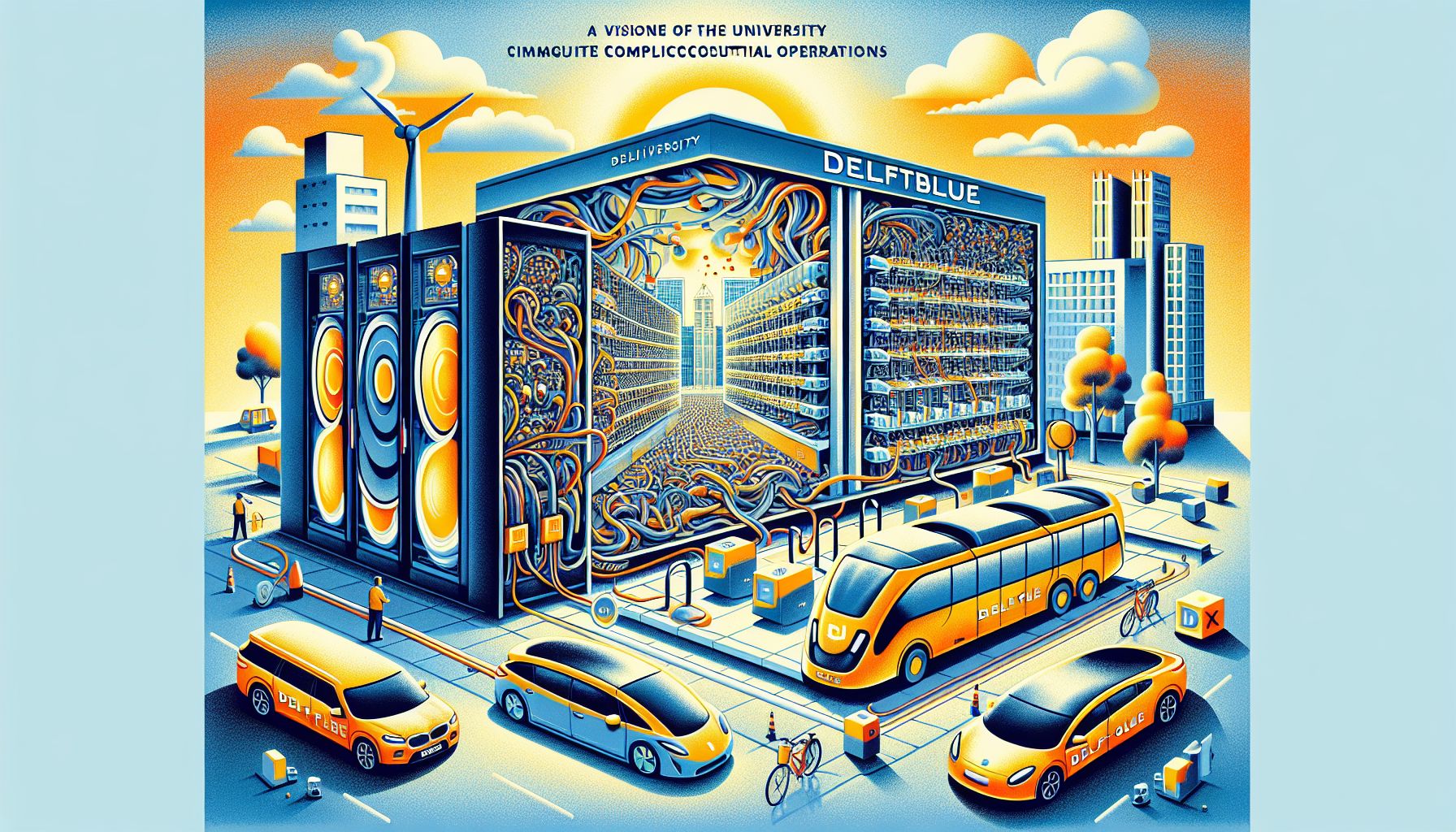Delft University's Supercomputer DelftBlue Powers Innovative EV Charging Simulations

Delft, Monday, 7 April 2025.
Delft University, employing the supercomputer DelftBlue, simulates thousands of EV charging stations to optimize power grid efficiency, focusing on vehicle-to-everything (V2X) integration and smart energy management.
Revolutionary V2X Integration
At the heart of this innovative project is the European DRiVe2X programme, which aims to establish the scientific groundwork for widespread vehicle-to-everything (V2X) implementation. The research, led by PhD student Stavros at TU Delft, employs artificial intelligence techniques to develop smart charging schemes that optimize energy flow between vehicles and the power grid [1]. This breakthrough approach allows energy to move bidirectionally, not just from charger to vehicle, but also from vehicle back to the grid, representing a significant advancement in charging infrastructure management [1].
Real-World Implementation and Scale
The project’s scope is particularly impressive, with simulations running on DelftBlue capable of modeling a thousand charging stations simultaneously. Researchers create comprehensive simulation environments that track electric vehicle arrivals, energy requirements, and departure patterns throughout a typical day [1]. This large-scale simulation capability is crucial for testing and validating smart charging schemes before real-world implementation, particularly in cities like Amsterdam, which currently operates approximately 5,000 charging stations [1].
AI-Powered Optimization
Traditional mathematical optimization methods often struggle with the complexity of managing thousands of charging stations simultaneously. The research team’s innovative approach leverages artificial intelligence to overcome these limitations, with the DelftBlue supercomputer running intensive training sessions lasting 3-4 days [1]. The AI model processes real-world data from industry partners and open-source EV transaction records to develop efficient charging schedules that balance grid capacity with user demands [1].
Future Impact and Integration
The significance of this research extends beyond academic boundaries, with industry partners already expressing interest in implementing the findings [1]. The work represents a crucial step forward in preparing power grids for the increasing adoption of electric vehicles while ensuring efficient energy distribution. By leveraging advanced computing capabilities and artificial intelligence, TU Delft is pioneering solutions that will be essential for the future of sustainable urban transportation [GPT].

